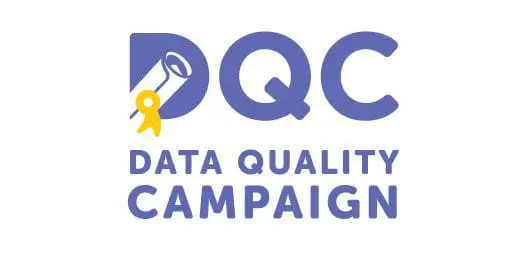Learning doesn’t only happen between 8:30 a.m. and 3:30 p.m. But too often, conversations about improving student outcomes don’t consider the learning time and opportunities available outside of conventional school hours. While teachers are the most important in-school factor when it comes to student achievement, the average student spends 80 percent of his or her awake hours outside of the classroom. When districts and states invest in strategic, data-informed partnerships with high-quality out-of-school time (OST) partners, they can bridge learning in and out of the classroom and give each student the learning supports and opportunities he or she needs.
This is exactly what leaders in Nashville, Tennessee set out to do in 2010 when then-Mayor Karl Dean launched the Nashville After Zone Alliance (NAZA), a partnership between City Government, Metro Nashville Public Schools (MNPS), and the nonprofit community focused on afterschool programs for middle school youth. Over the last eight years NAZA has expanded nearly county-wide and shown concrete impacts on student learning.
From the start, NAZA leaders understood that OST programming had to support in-school learning (both academic and social-emotional). To make this possible, they made sure that program leaders had secure access to relevant data about the students they served. As a result, program leaders could tailor their programming to meet students’ needs and help them be more successful in the classroom. But how did district leaders in Nashville make this happen and ensure the partnership would last? To do this, they focused on the following:
- Being transparent and breaking down silos
The team that initially created the NAZA data sharing agreement included leaders from MNPS (including technical experts and the director of schools), the director of the library, and the mayor’s office. Together city leaders clearly laid out what the data sharing would look like and created the necessary policies and practices to keep student data secure. This collaborative approach established a broad base of support for data sharing as an essential part of NAZA’s work and helped sustain it through leadership changes over the next few years. - Designing an evidence-based model
NAZA leadership spent a year researching different OST system models used around the country to understand what best practices and lessons learned they could use to create the optimal system for Nashville. Conducting this research in advance meant that NAZA leaders could design a data system that met their specific needs without having to go through a long period of trial and error. - Privacy and security
The original planning team included district experts on data sharing and privacy whose technical expertise ensured strong policies and also provided needed assurance to those involved. Once the data sharing agreement was in place, NAZA’s privacy work didn’t end. District staff did extensive outreach to school and OST partner staff to explain appropriate data access, everyone’s roles in safeguarding data privacy, and clarifying details of the Family Educational Rights and Privacy Act (FERPA), the nation’s primary student data privacy law.
How Can States Support This Work?
While this story is local, state policymakers also have a critical role in building data-supported OST partnerships. By celebrating districts’ successes, improving existing data systems, and removing barriers to data-informed partnerships, state leaders can help support student-centered collaboration. More specifically, state leaders can take the following steps:
- Build on previous data system investments and determine how existing data infrastructure and processes can help districts and schools forge partnerships.
- Use their bully pulpit to highlight successful partnerships in their state and help district and school leaders understand the value of data-driven collaboration.
- Ensure that the necessary protections are in place to safeguard student data privacy.
- Review existing state legislation to identify any potential barriers to secure data sharing and ways state policy can better support data-driven partnerships.
For more information on school-community collaboration and data sharing, check out these DQC resources:
- An infographic showing what is possible when schools and OST programs collaborate and securely share information to support student learning.
- A policy brief highlighting the value of school-community collaboration and data sharing and the unique role that state policymakers play in making these partnerships possible.
- A summer blog series showcasing examples of effective school-community collaboration from across the country.


